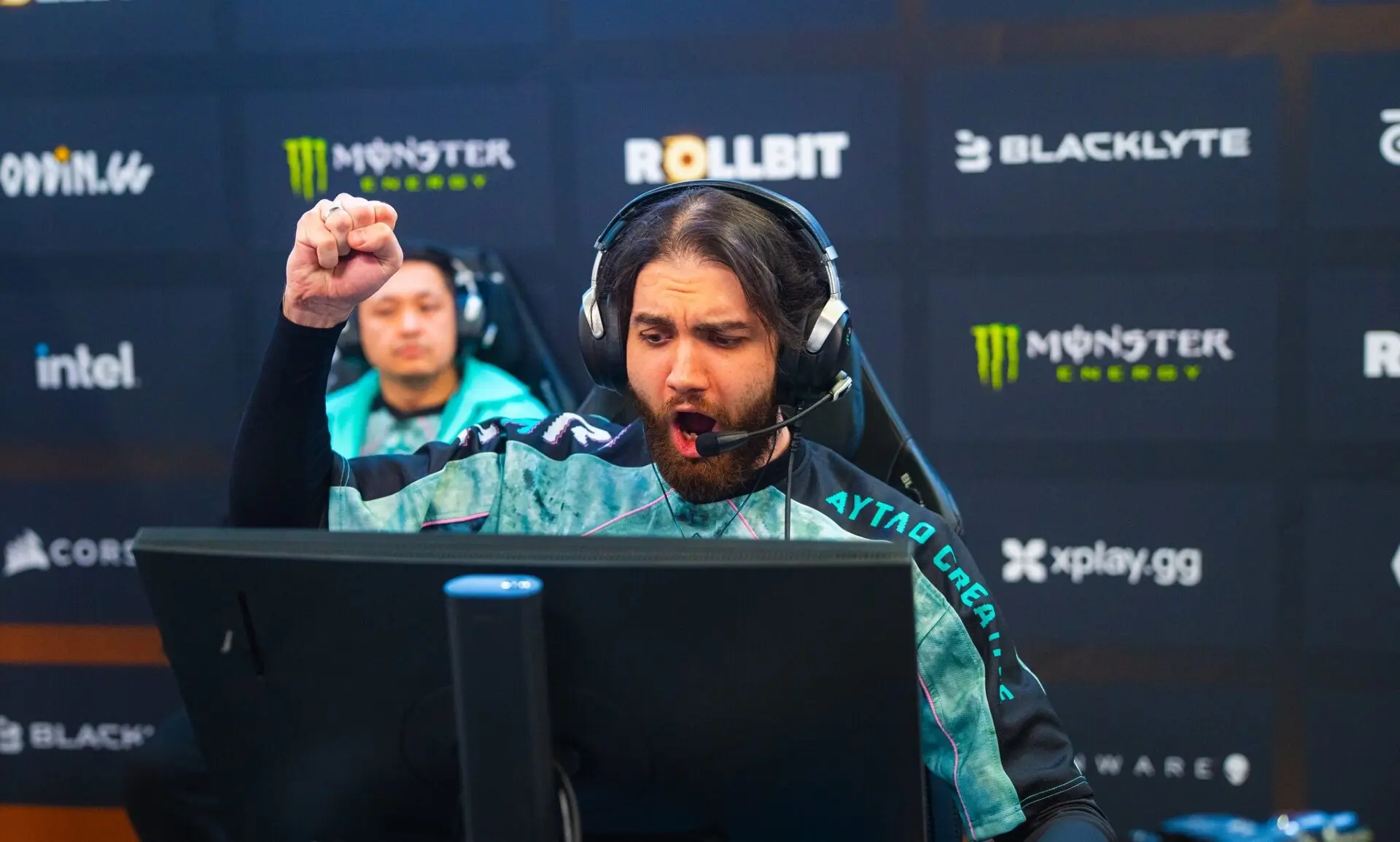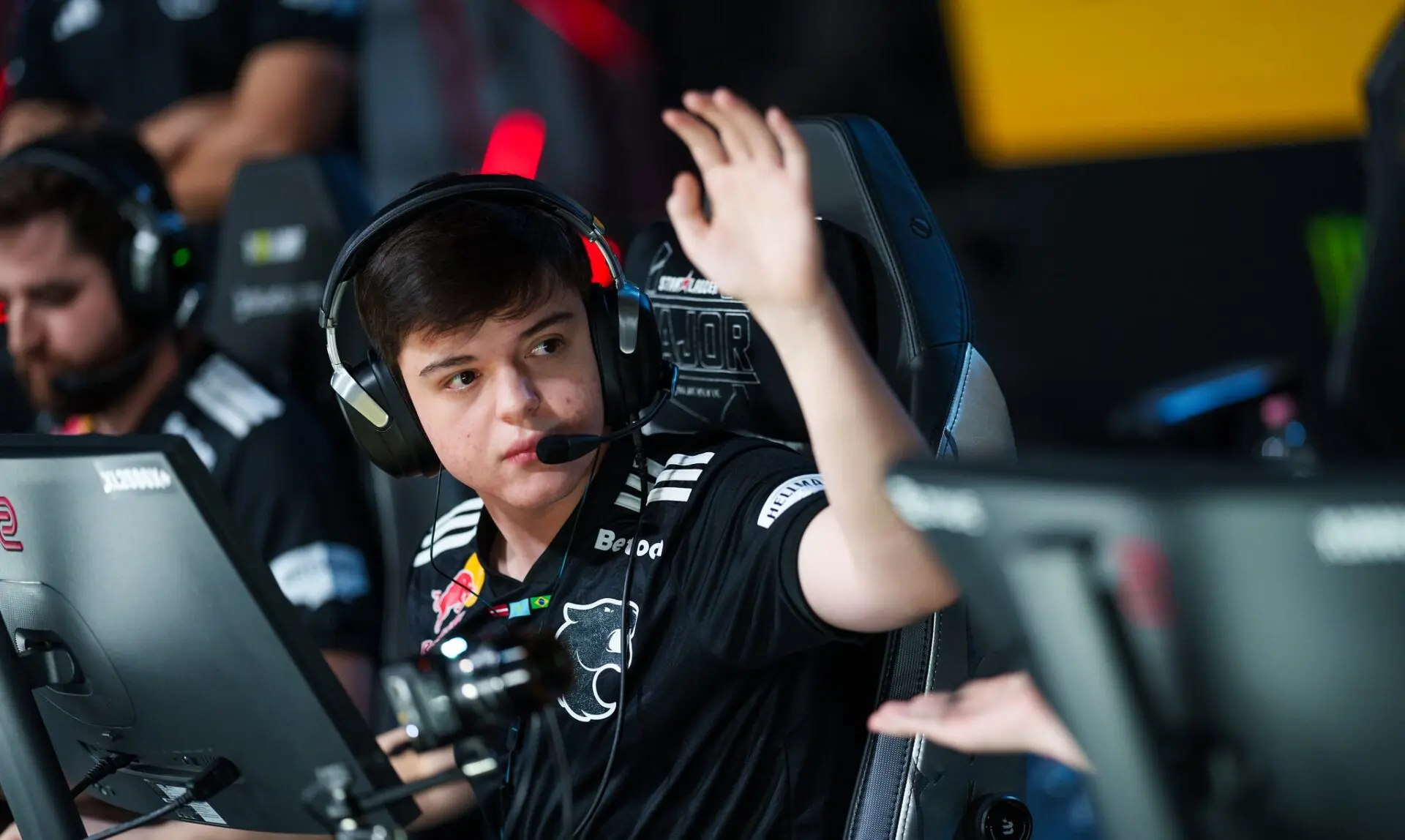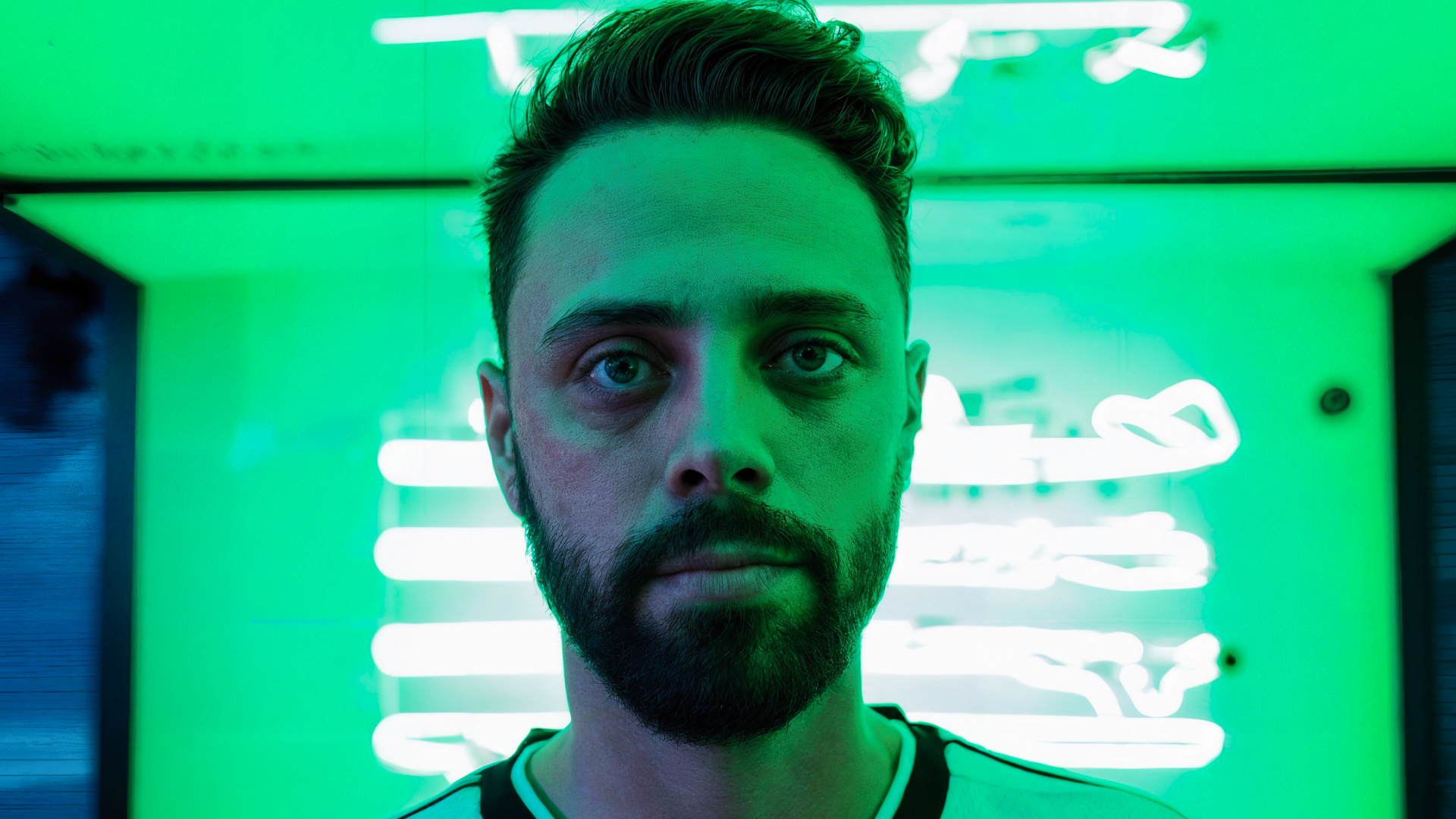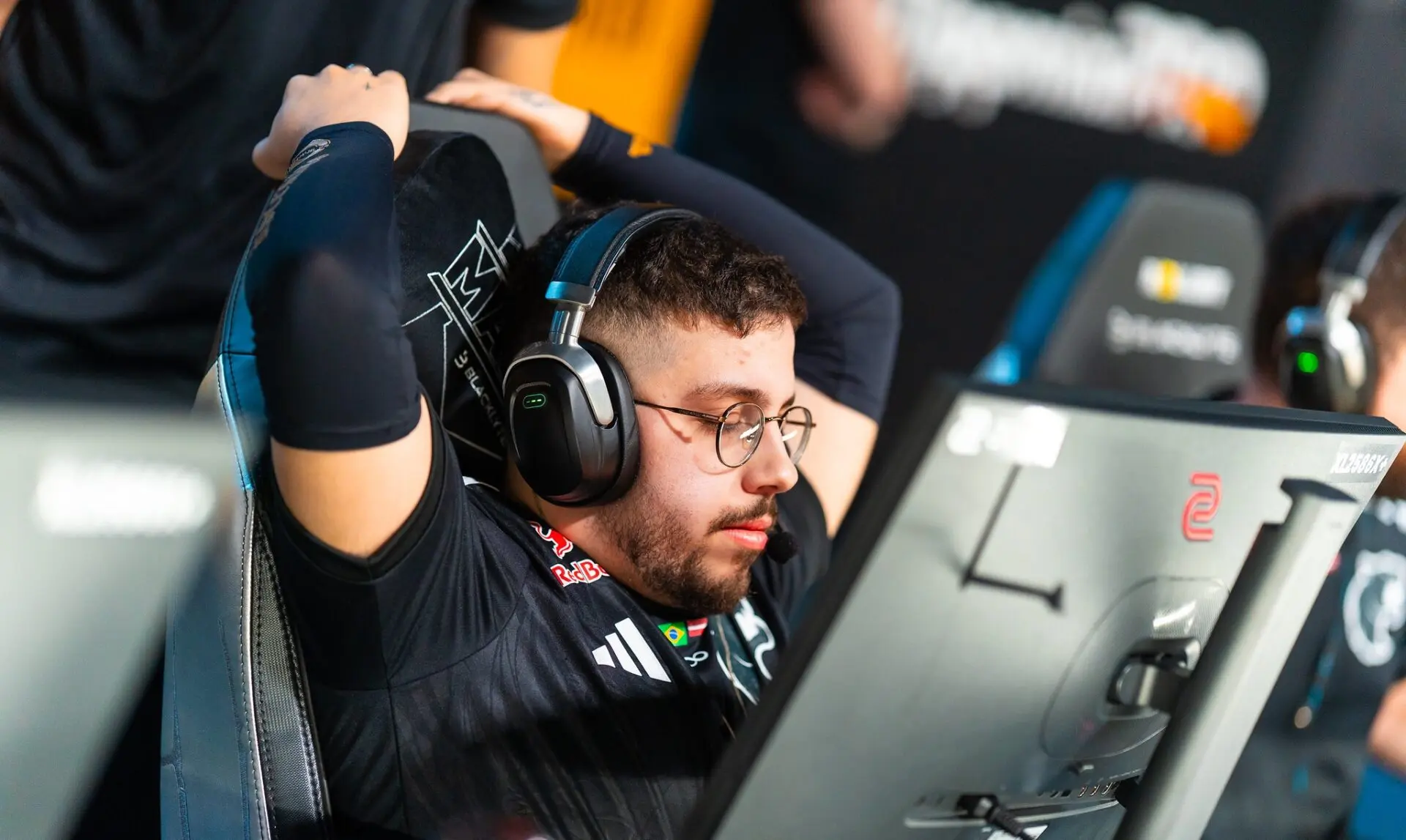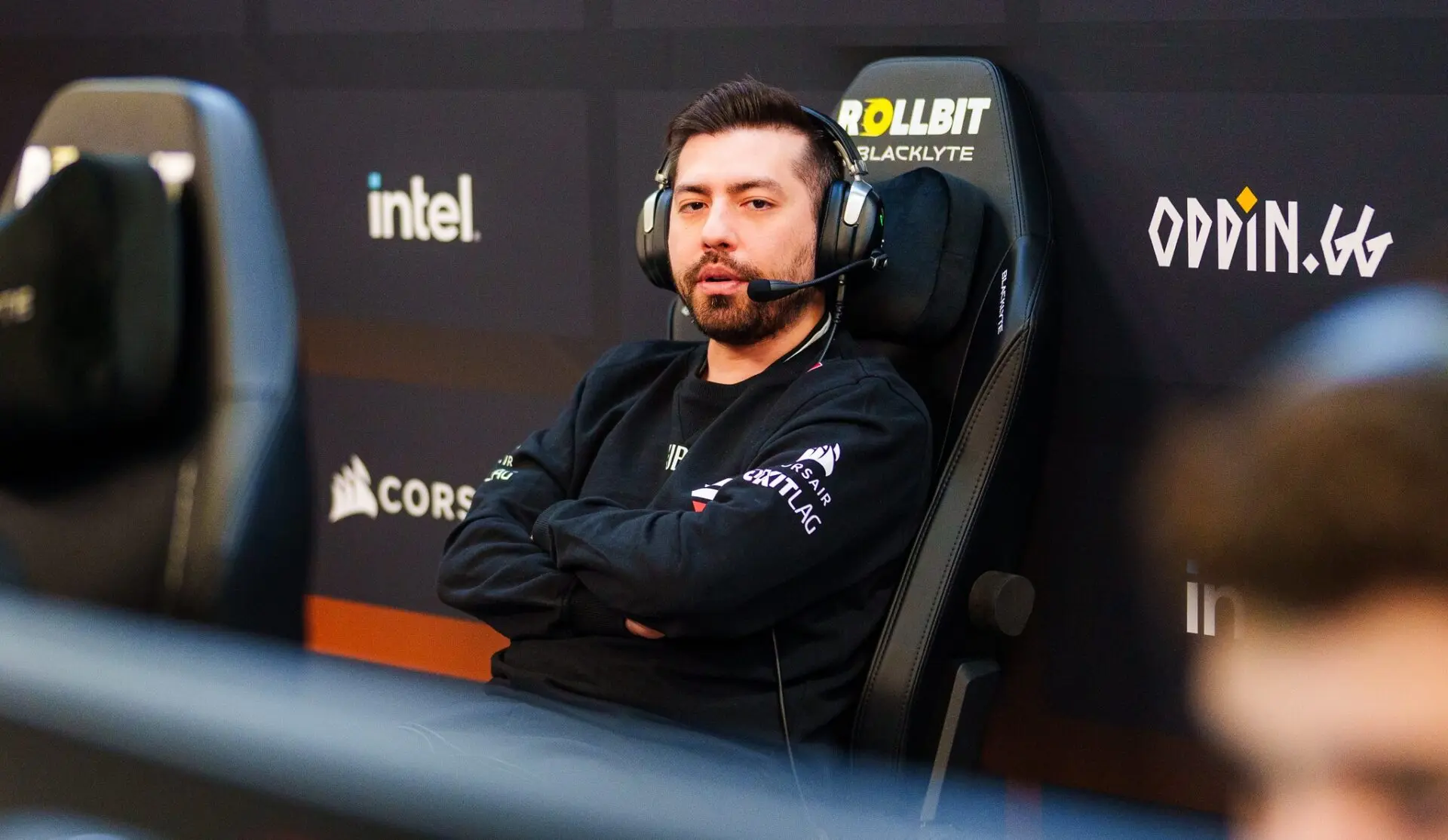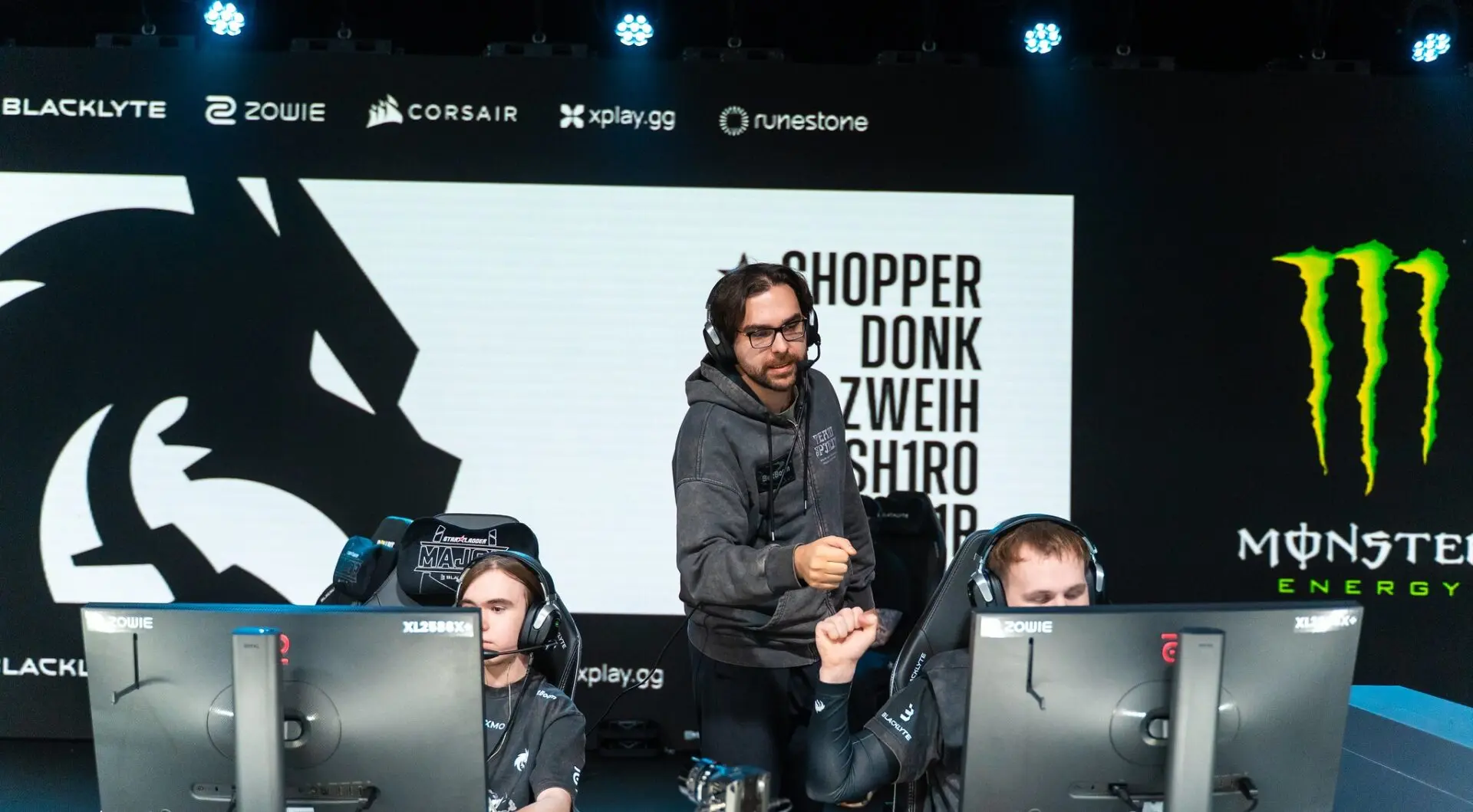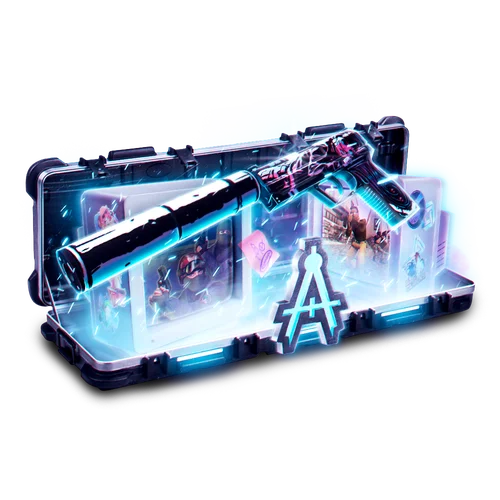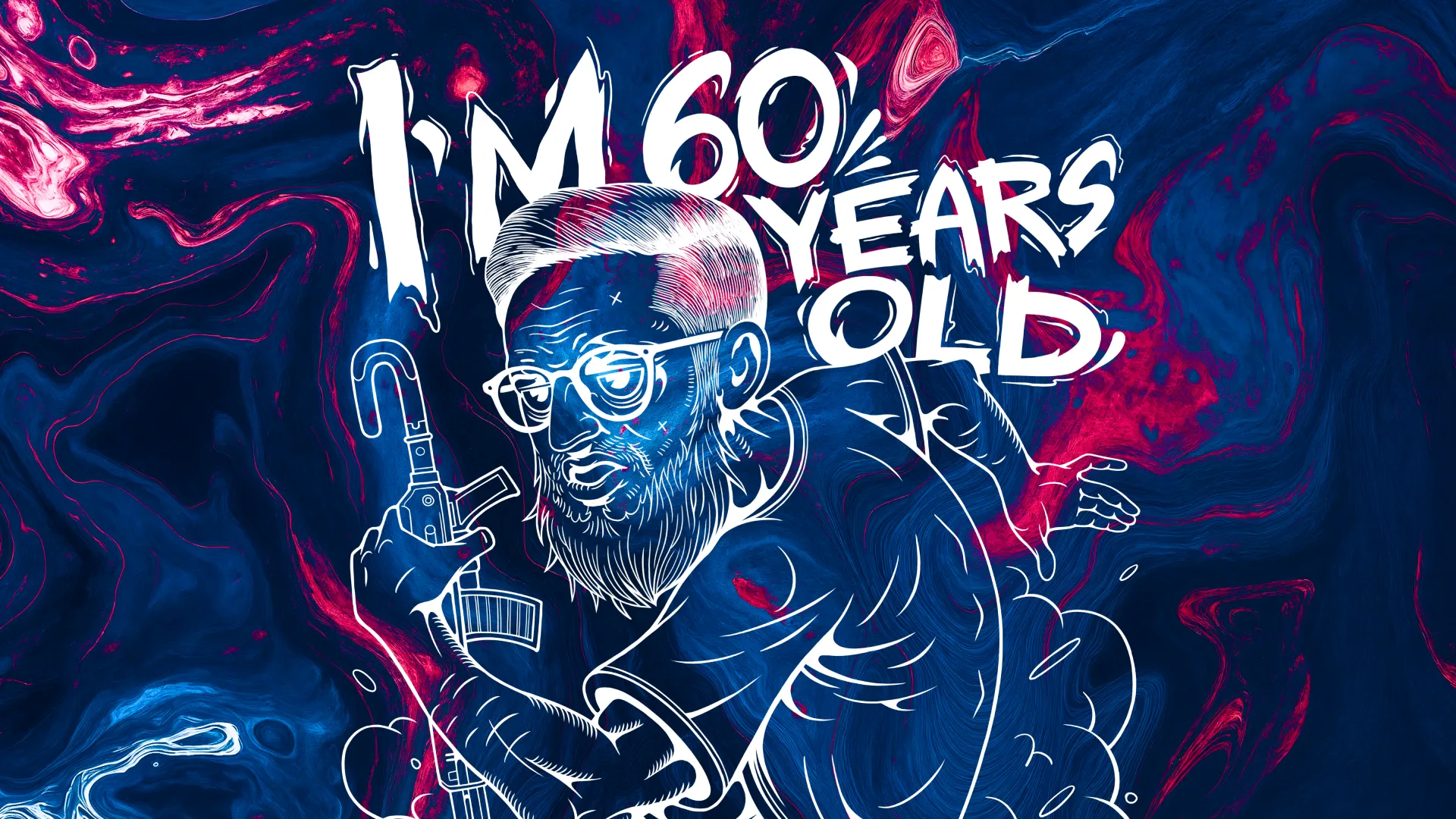Ukrainian organization ALGO Esports has announced the termination of contracts with three of its CS2 players — hodix, crickeyyy, and Jackast. The reason was uncovered cases of match-fixing, cheating, and deliberately throwing official matches. The investigation was carried out internally by the club, with a polygraph test as its key stage.
What happened in ALGO
Official Statement from ALGO
ALGO Esports announces the termination of contracts with three players: hodix, crickeyyy, Jackast.
The coaching staff raised suspicions regarding dishonest play from the players. As a result, the organization launched an internal investigation, with… pic.twitter.com/H3KnSsKZH7
— ALGO Esports (@ALGO_esports) September 12, 2025
According to the club’s official statement, hodix admitted to participating in “322” practices and confirmed it during the polygraph test. crickeyyy was also involved in match-fixing, using third-party software, while Jackast not only cheated and fixed matches but also deliberately underperformed to ensure his team’s defeats.
read more
ALGO emphasized that such actions directly contradict the principles of transparency and integrity, and therefore the only possible decision was to terminate the contracts and forward the case to ESIC for further punishment at the international level.
A systemic problem on the scene
Match-fixing and “322” schemes have long been one of the biggest threats to the integrity of esports. They are most commonly seen in tier-2 and tier-3 scenes, where players earn smaller salaries and the temptation of quick money is higher. However, scandals are increasingly involving well-known names as well, further underlining the scale of the problem.
The use of polygraphs, internal investigations, and cooperation with ESIC is becoming the new standard for clubs seeking to protect their reputation and the discipline from fraud.
The somebody and Boros case
This story echoes a scandal that recently shook the Asian CS scene. Jordanian player Mohammad BOROS Malhas publicly stated that Chinese CS veteran Xu “somebody” Haowen, together with his cousin, tried to involve him in match-fixing during a LAN tournament in China.
After Boros refused, he reportedly began receiving direct threats to his safety. He also named somebody’s relative — Frankie, allegedly linked to a Chinese match-fixing syndicate that controlled ATOX and reportedly provided software to European teams.
This case caused a huge stir in the community: some fans expressed support for Boros, while others called for an official ESIC investigation. The fact that the story involves not only bribery but also threats puts the future of the entire Chinese CS scene at risk.
read more
Community reaction
The ALGO scandal immediately sparked heated discussions across social media. Some users argued that match-fixing and cheating have already become widespread issues in CS:
- “90% of online CS is cheating & match-fixing”, wrote user Shyux.
- Others, like JackEllisVO, questioned the investigation methods: “Polygraph isn’t valid evidence, an elevated heart rate can indicate lying.”
- Nuno Sousa kept it short: “Lies have a short leg”, stressing that such actions eventually come to light.
- Some also brought up the somebody scandal: “How about somebody’s match-fixing & cheating in China?”, noted Alan Li.
Opinions were divided, but the overall tone of the discussion shows that fans demand greater transparency and stricter punishments to restore trust in the scene.
Conclusion
The cases of ALGO and somebody once again prove that esports is going through a turning point in its fight against fraud. Match-fixing, cheating, and deliberate throwing of matches can no longer go unpunished. Only decisive action from organizations and strong support from the community will preserve the integrity of Counter-Strike as a discipline where victories are earned through talent and hard work — not “322” schemes.




































